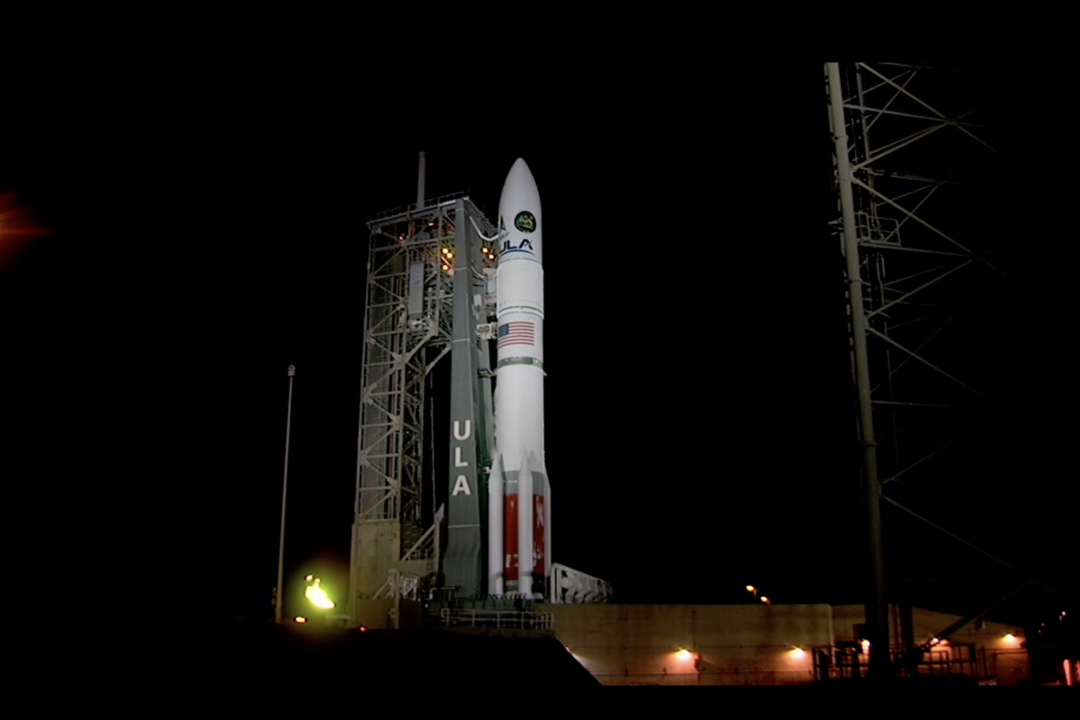The United Launch Alliance’s (ULA) new Vulcan Centaur rocket successfully launched on its inaugural mission for the U.S. Space Force and the Department of Defense (DOD) on August 12, 2023. The launch took place at Cape Canaveral Space Force Station’s Launch Complex 41 in Florida, marking a significant milestone for both ULA and the Space Force.
This mission, designated USSF-106, is part of the Space Systems Command’s National Security Space Launch Program. The Vulcan Centaur rocket lifted two national security satellites into geosynchronous orbit, approximately 22,000 miles above the Earth. This operation is considered one of ULA’s longest launches, with the entire process taking over seven hours to position its payloads correctly.
The payload for this mission included various demonstrations and experiments requested by DOD customers. A key component of this payload was the Navigation Technology Satellite-3 (NTS-3). This satellite is specifically designed to test technologies aimed at safeguarding against potential threats that could disrupt GPS-like data, which is vital for maintaining national security.
The successful launch of the Vulcan Centaur represents a significant advancement in the capabilities of the U.S. Space Force. It underscores ULA’s commitment to supporting national security objectives through innovative aerospace technology. As part of its ongoing efforts, ULA continues to develop more efficient and reliable launch systems to meet the evolving needs of the DOD and allied partners.
With the Vulcan Centaur now operational, ULA is poised to play a crucial role in future space missions that will further enhance national defense and resilience in space. The company is optimistic about the potential applications of the technologies tested during this mission, which could have broad implications for the military and civilian sectors alike.
In summary, the successful launch of the Vulcan Centaur rocket not only showcases ULA’s engineering capabilities but also highlights the growing importance of space in contemporary defense strategies. As the U.S. Space Force embarks on further missions, the developments arising from this launch will likely shape the future of national security in the space domain.





































































